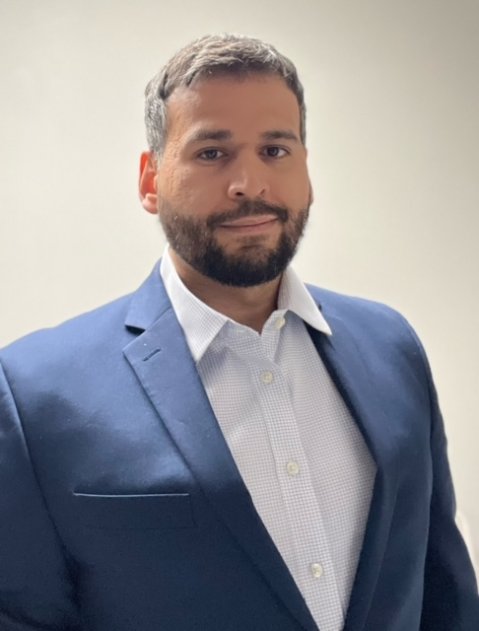Rutgers SPAA Student Daniel Bonilla Competes at the 2024 NASPAA Simulation Competition

Rutgers SPAA MPA student Daniel Bonilla competed at the 2024 NASPAA Simulation Competition, organized by the Network of Schools of Public Policy, Affairs, and Administration (NASPAA), where students participated in an immersive learning event using a computer simulation designed for public service education. This year's competition featured the "Host Nations Simulation" by DMS Academy.
Bonilla, who participated via the University of Colorado Denver location site, discussed his involvement in the simulation that dealt with a refugee situation: a civil war breaks out in a region in turmoil, and the students' country is confronted with the sudden arrival of migrants fleeing a war zone.
What interested you about doing the NASPAA simulation competition?
As I delve deeper into the potential roles attainable through an MPA degree, I'm becoming more and more intrigued by the prospect of applying my skills and talents in an international setting. My goal is to be able to help communities improve their lives and their health, particularly in low income areas or a developing region. The United States has been my home since I was two years old, and I am driven to uplift those who have faced greater adversity than I have, and I do it with the memory of my mother in my heart. She battled through cancer until she passed away in 2020, and her resilience and strength through such difficult times instilled me with compassion and a drive to make a difference. I hope to use my degree and talents to honor her memory.
How did you prepare?
I did research on real life instances of civil wars and how countries responded to migrant issues. This included countries from the western and eastern hemispheres.
How were you able to apply what you've studied at SPAA to the simulation exercise?
I was able to put the needs of the people first. With that in the forefront, I had a clear direction of possible policies to put in place as well as how to have ethical discussions with the other nations involved.
What do you feel you got out of the experience?
I was able to see both the short and long term effects of policies and how the native population would respond to them over the years.
What did you think of the experience overall?
I really enjoyed it and I highly encourage others in the program to participate in similar opportunities. The fact that I got to engage and exchange ideas with students from other universities enabled me to see potential policies I would have otherwise never thought about. Also, engaging with leaders in the field helped me to understand the hopes they have placed on our shoulders to continue to improve the nation.
